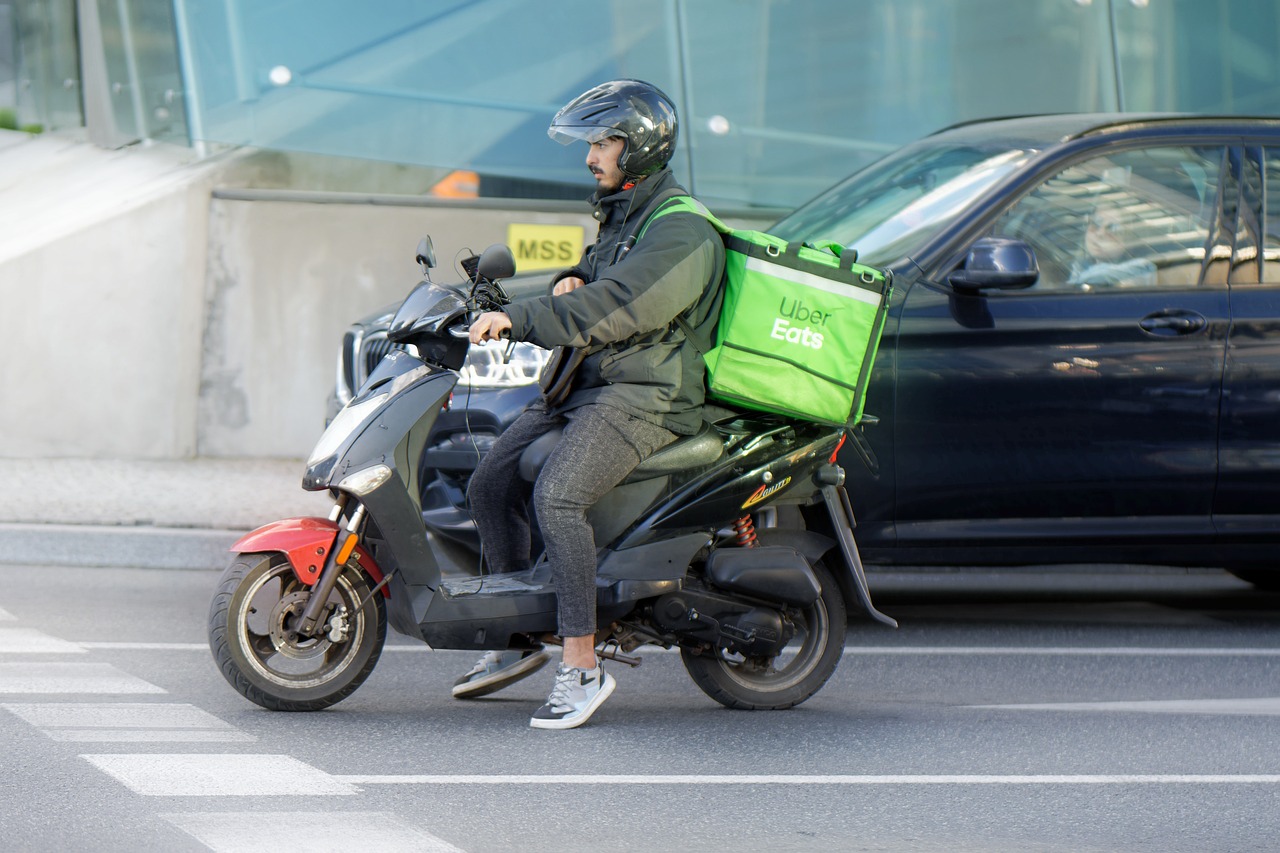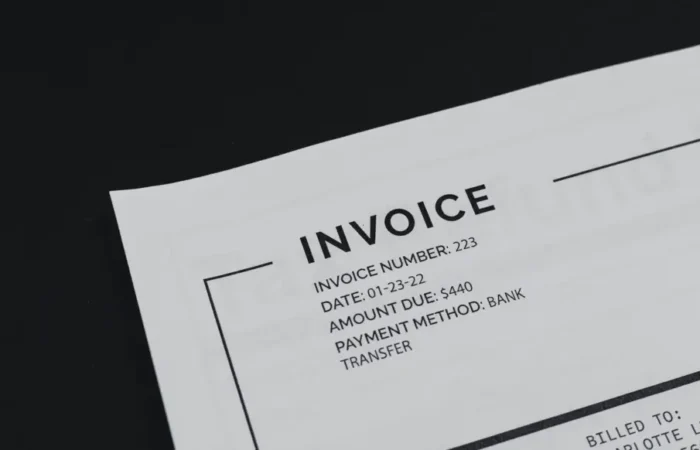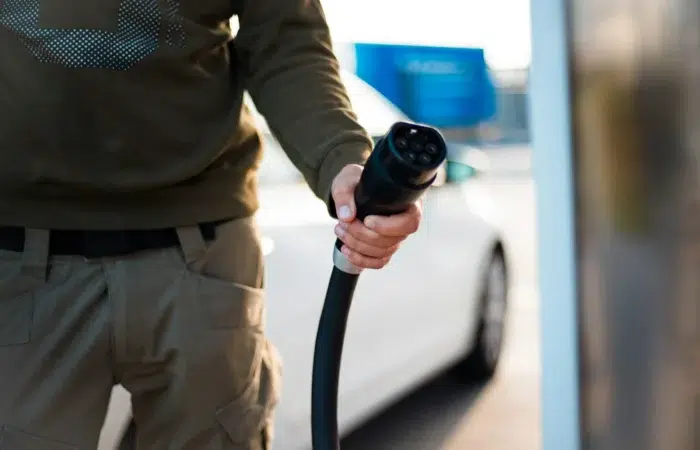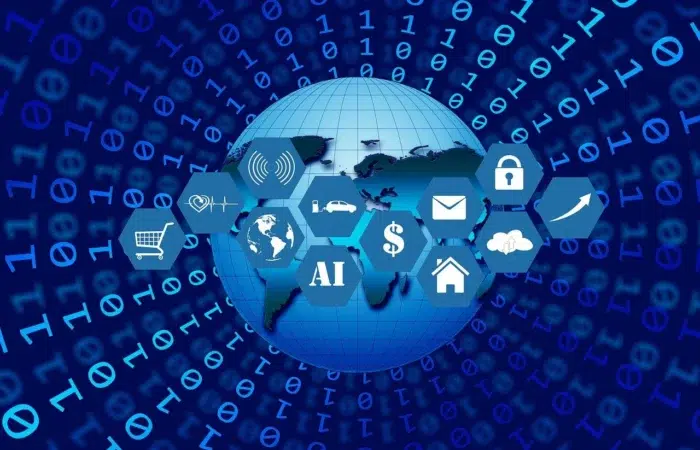After the pandemic accelerated new consumer habits worldwide, an increasing number of service stations and convenience stores have entered the last mile delivery space. By offering items for delivery or pickup, retailers are leveraging their convenient locations and expanding services. What role do stations play in delivery platforms and how is this integration shaping today’s business?
Just a few years ago, the pandemic triggered an unprecedented growth of the online delivery sector, prompting an expansion into other markets, including the convenience store industry. Retailers have been leveraging this growth by adding service stations to platforms. Customers can order products from convenience stores, complement their food orders with a snack or beverage, or even pick up items onsite.
Delivery through service stations
What began as a service for restaurants has now expanded into sectors beyond food offerings. This development has led fuel and convenience retailers to go beyond brick and mortar retail. Retailers around the world have been establishing partnerships with delivery platforms for years now.
A good example of a complete partnership is the current global agreement between bp and UberEats, which will see the addition of over 3,000 locations to the platform over the next three years. This collaboration also includes the introduction of delivery options onto bp’s own app, BPme, enhancing both operations and touch points with customers.
Ghost kitchens also show good potential for the delivery sector. This trend gained popularity during the pandemic and consists of separate kitchens established both on and off-site when order-volume is too high for a single site to handle. With Kroger furthering its partnership with Kitchen United, the concept’s effectiveness can provide new synergies between delivery services and stores.
These types of collaborations are based on the retail offer and convenient locations of these sites, bringing customers and products even closer.
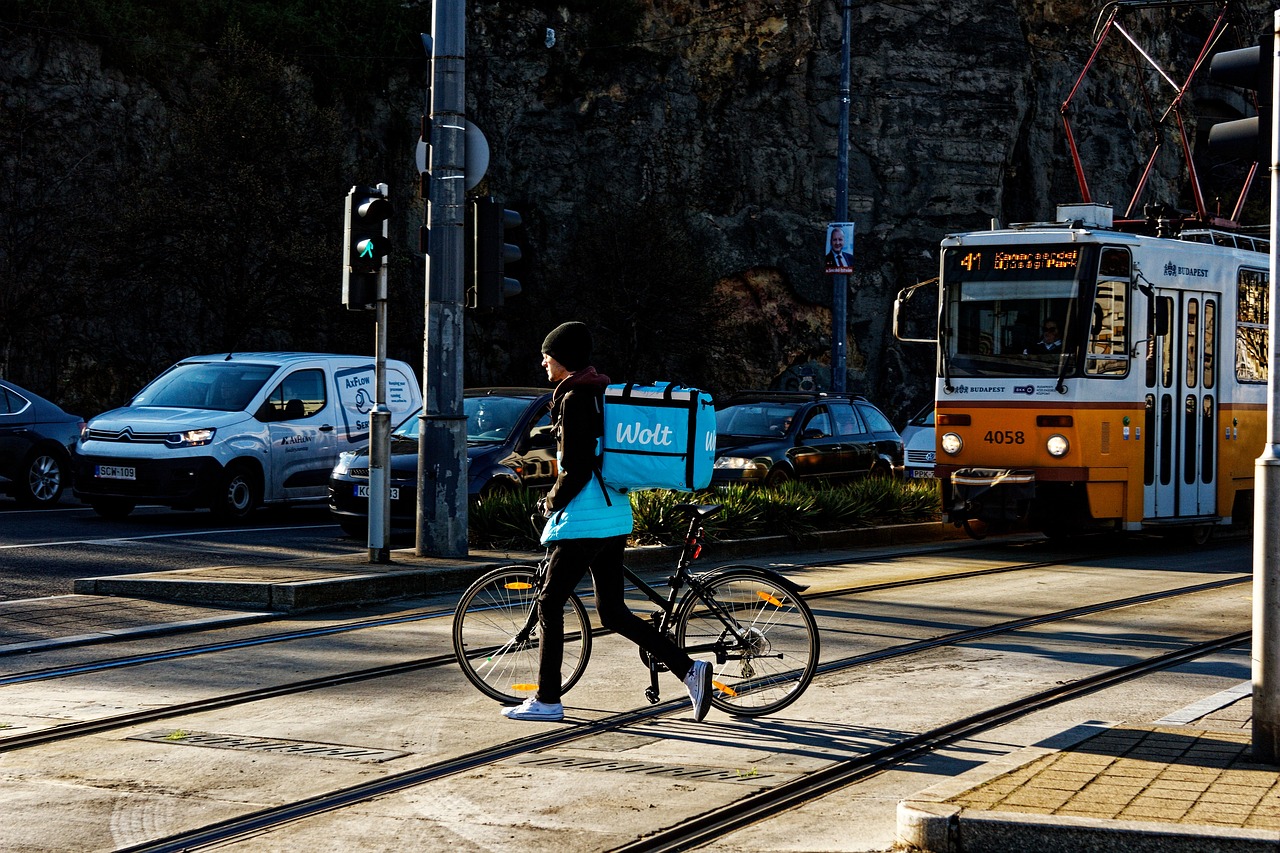
Delivering the future
Leading players around the world are betting on innovation to step up their game as tech giants like Amazon and Uber extend their grasp on the food delivery market. Wolt, a Helsinki-based technology company recently acquired by DoorDash, has experienced this growth in operations and seeks to continue its evolution.
Operating in 25 countries around the world, most of them in Europe, the delivery company expanded into the convenience store market in 2020. Their vision is to build a shopping mall in people’s pockets and bring the most valued services to them in about 30 minutes or so. Today you can get everything from groceries to pharmacy products and beyond. They work with thousands of non-restaurant partners and can clearly see that quick deliveries are becoming more and more popular.
Upgrading and expanding a platform’s service can also mean new opportunities for fuel retailers to leverage. While previous examples focus on a forecourt’s role as new and convenient retail locations, drivers themselves also represent a good opportunity for cooperation between both sectors.
Going beyond orders
Some delivery platforms have already strengthened their ties with fuel retailers and even tapped into the alternative fuels market.
Raízen Paraguay started the year by partnering with PedidosYa, the Latin American arm of Delivery Hero. Drivers get access to exclusive benefits when they refuel at local Shell service stations, including special discounts for different services as well as convenience store promotions. This type of agreement enables a convenient hub for drivers to refuel and check their vehicles while completing orders.
A similar case can be found in Asia, where foodpanda has been collaborating with Pakistan State Oil to offer riders fuel monitoring, special promotions and insurance services. The company has also recently tapped into the alternative fuels market via an agreement with Gogoro and Cycle & Carriage Singapore. The partnership allows drivers of electric vehicles to switch out empty batteries at GoStations, speeding up charging operations while enhancing delivery efficiency.
ICASA supports your partnerships with Deliveroo and foodpanda
Both delivery companies and fuel retailers are looking for new opportunities at every end of their business for growth. Platforms around the world try to tap into growing areas, and service stations have already proved their potential. The key objective of ICASA is helping retailers make and keep their service stations future proof. The business is becoming more customer centric and technology will produce new ways of customer engagement.
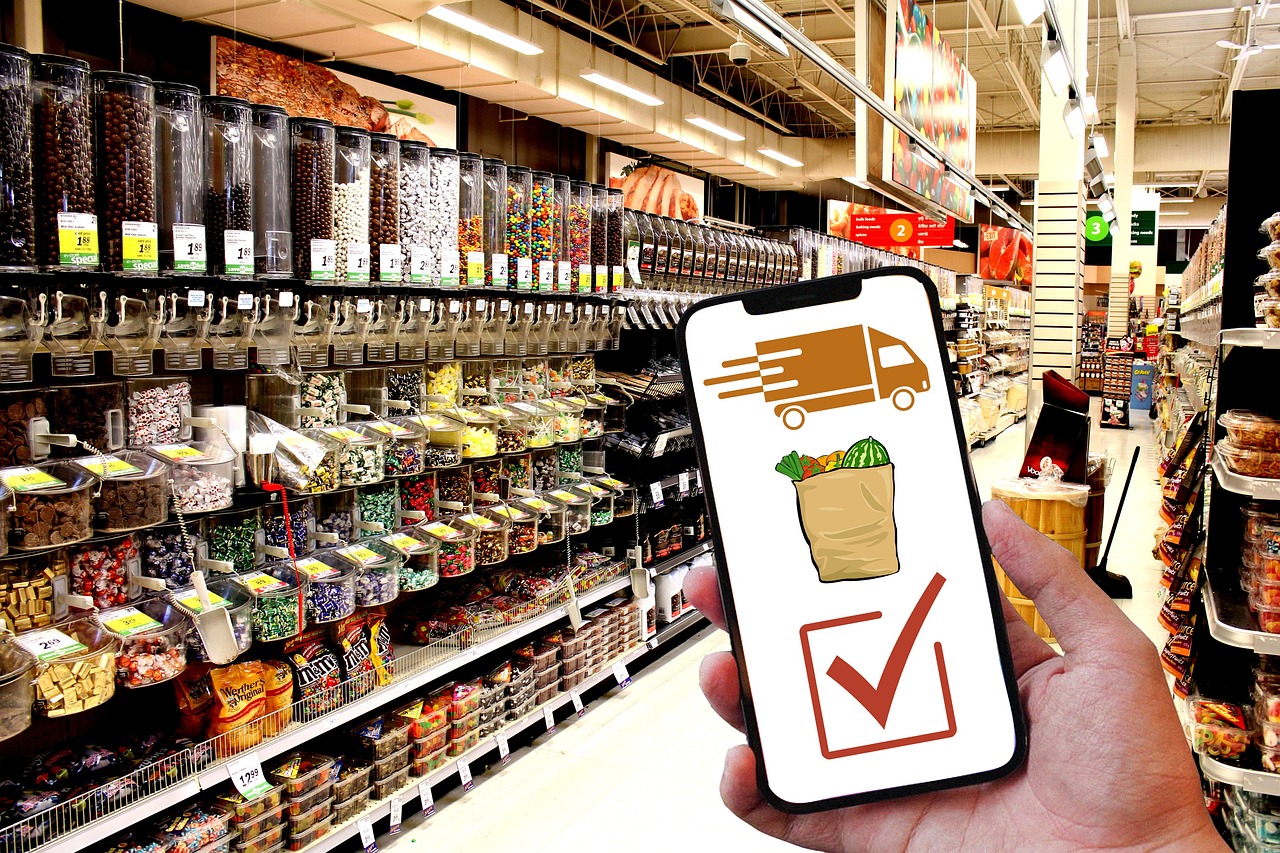
And from a technical point of view, we support our customers in achieving their goals. Are you curious how we, as a 3rd party, support our customers in their partnerships with Deliveroo and foodpanda? And how we handle their dual pricing and stock management?
Get in touch and we would be more than happy to explain to you all the possibilities our ICASA Suite can offer you.
Source: PetrolPlaza
Stay connected and follow us on LinkedIn!

